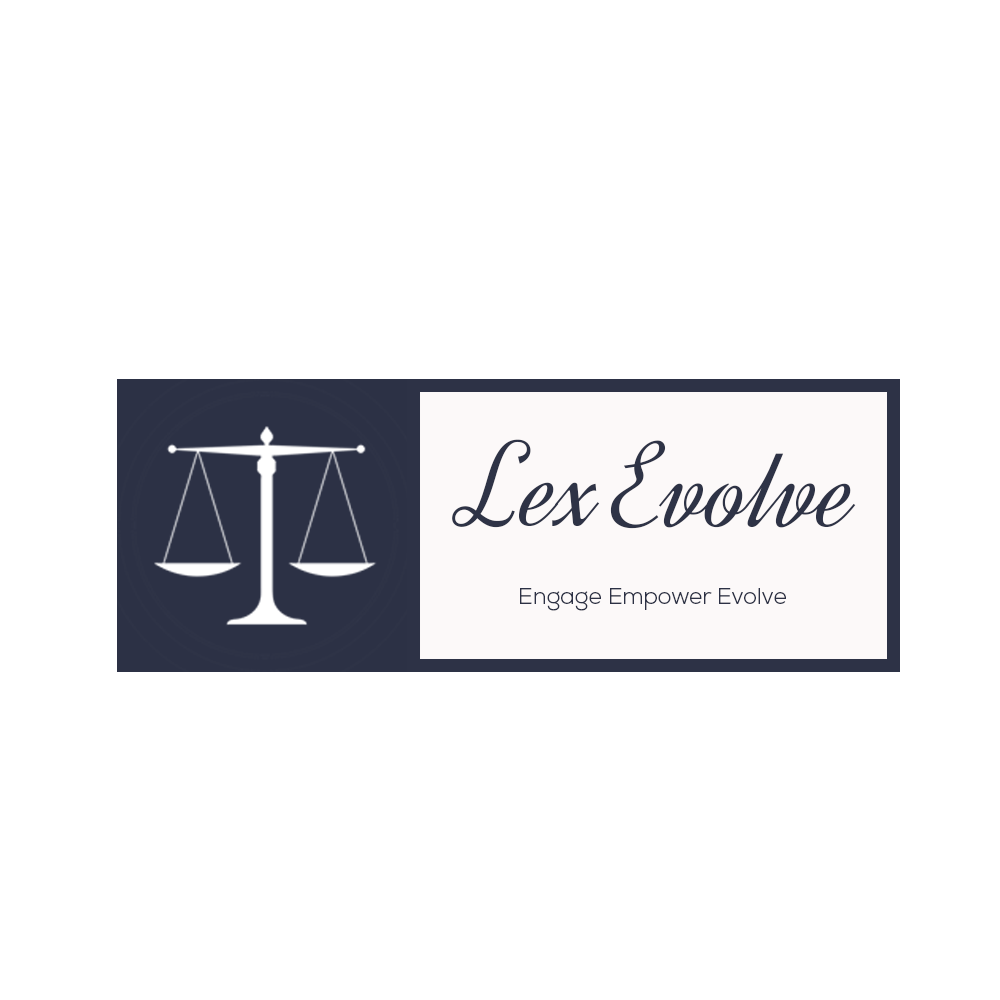Your U.S. Law School Doesn't Have to Be Ivy League! Here's what Actually Matters.
You’ve got the ambition, the legal mind, and a dream of conquering the intersection of law and technology. But before you can get that F-1 visa, you need an I-20 from a school. And let me tell you, choosing that school is not about chasing the big names you saw in movies. It's a strategic business decision for your career. Whether Ivy League or not, the smartest move is often the most strategic one, and several factors play a role in the school selection.
Below are a few tips for choosing a U.S. school that will be a launchpad, not just another line on your CV.
Legal Tech Hotspots
Just as in real estate, it’s all about location; for an aspiring legal tech professional, it's about the proximity to opportunity. Your goal is to land that crucial Optional Practical Training (OPT) job after graduation, which could then lead to H-1B sponsorship. It’s infinitely easier to network, interview, and land a role if you're already in a thriving ecosystem. Always consider which States are epicentres for legal tech, innovation, and robust legal markets. California's Silicon Valley, New York's FinTech scene, Texas's emerging tech hub in Austin, and Illinois's established Chicago market are prime examples. Additionally, Washington, D.C. serves as a vital centre for legal tech, given its proximity to federal agencies, law firms, and think tanks. The legal landscape in D.C. is rich with opportunities for innovation, making it an ideal location for networking and career growth. Studying in or near these hubs plugs you directly into the action.
Support through Diversity
Don't underestimate the power of a strong multicultural community. Moving across the world is a massive undertaking. Being in a cosmopolitan and diverse city can be a critical support system, offering a slice of home and a network that understands your journey. This is a "soft" factor, but it is essential for your well-being and long-term success.
Alumni
A school's true value isn't only in its name, but more importantly, in its people. Before committing, you should investigate the school's support systems. Don't just read the glossy pamphlet about "world-class career services." Use LinkedIn, find alumni from your country or region who attended the schools you're considering. Reach out. Ask the tough questions: "How was your experience as an international student?" "Did career services actively help you find OPT opportunities?" "Is the alumni network responsive to students?" The answers you get will help guide you. Contact the admissions or career services office and ask for specifics. What percentage of their international LL.M. graduates secure jobs within three months of graduation? Which tech companies or tech-focused law firms recruit on campus? A school that is proud of its success with international students will have this data readily available. Silence or vague answers can be a red flag.
Student Marketability
This is the most important tip. The name on the degree is less important than the content of the degree, especially when your goal is a specialized field like legal tech. The magic often happens at the intersection of a university's strengths.
This is where schools like my alma mater, the University of Illinois Urbana-Champaign, and others like it truly shine. While UIUC has a fantastic law school, its global reputation is cemented by its top-tier engineering and computer science programs. This creates a unique ecosystem where the law school is deeply integrated with a culture of technological innovation.
Look for schools with specialized LL.M. programs, STEM OPT eligibility, and cross-disciplinary Opportunities. Cornell Tech provides an LL.M. in Law, Technology, and Entrepreneurship with cross-disciplinary opportunities. Columbia Law School features seminars in technology law, enriched by its Kernochan Center for Law, Media, and the Arts. Duke Law School offers a JD/LLM in Law & Entrepreneurship through its Center on Law & Technology. Chicago-Kent College of Law presents an LL.M. in Legal Innovation and Technology, focusing on the impact of emerging technologies on legal practice. All these programs prepare students for careers in the evolving legal tech landscape.
Choosing a school is the first strategic move in your American legal career. Be a savvy investor and make a decision for yourself based on your unique needs. Look for the location that offers opportunity, the network that offers support, and the program that offers the specific skills to make your dream a reality. The marathon continues, and a smart choice now will make the whole race smoother.
